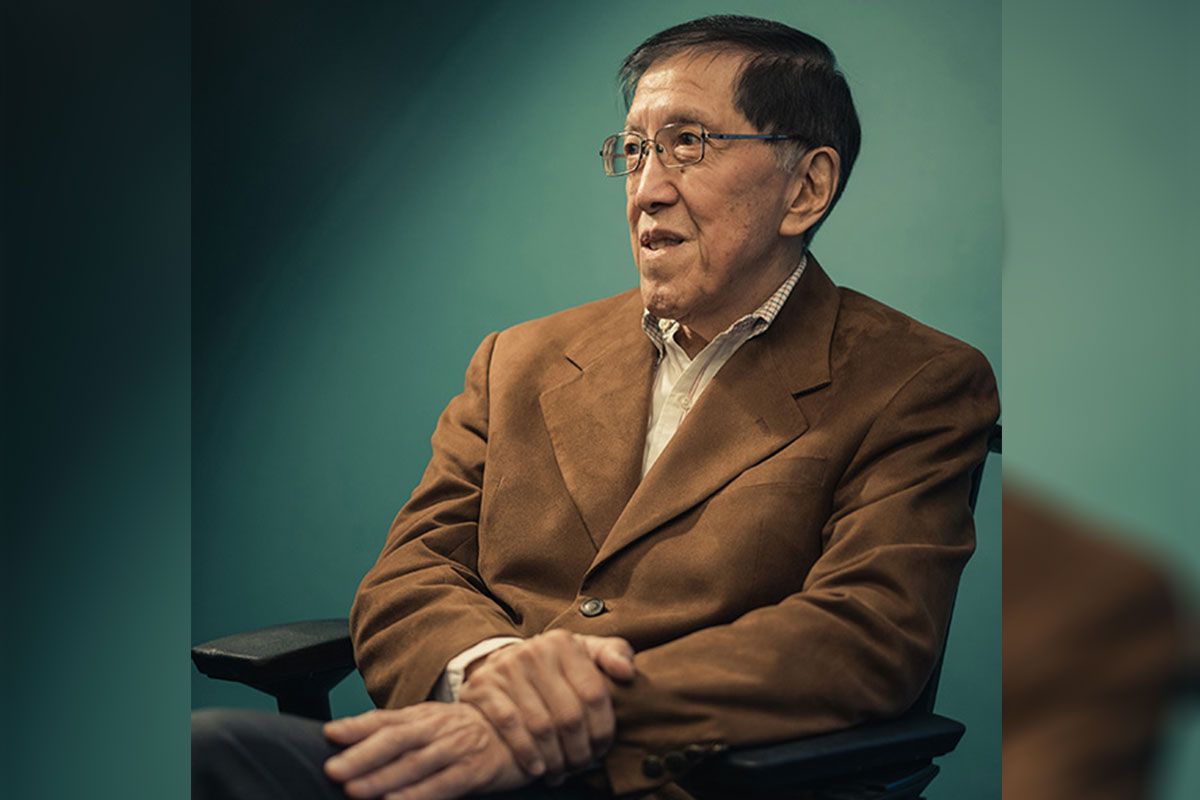Why would a woman be offended by a compliment to her husband for playing with their children?
Because when the compliment is made to a Black father by a White onlooker — and when White fathers who are playing nearby with their children go uncomplimented — the message is that you’re “contradicting the stereotype of the absentee Black father,” writes The Washington Post’s Michelle Singletary in “Sincerely, Michelle,” her award-winning syndicated column on personal finance.
To explain her reaction, Singletary — whose husband received that compliment on a vacation a while back — cites the work of Teachers College’s Derald Wing Sue, Professor of Psychology & Education, a leading expert on microaggressions, which Sue describes as “the everyday slights, insults, indignities, put-downs and allegations that people of color experience in their day-to-day interactions with well-intentioned White [people].” Microaggressions’ power, according to Sue, “lies in their invisibility to the perpetrator, who is unaware that he or she has engaged in a behavior that threatens and demeans the recipient of such a communication.”
[Read a story about Derald Wing Sue in TC Today magazine.]
It’s the White customer who assumes a Black shopper at a luxury boutique is a clerk,” she writes. “Or a salesperson in Zurich redirecting Oprah Winfrey to cheaper handbags when she was inquiring about a $38,000 purse. It’s the so-called ‘compliment’ that a Black person ‘speaks so well.’
— Michelle Singletary, Washington Post columnist
Singletary elaborates on that description. “It’s the White customer who assumes a Black shopper at a luxury boutique is a clerk,” she writes. “Or a salesperson in Zurich redirecting Oprah Winfrey to cheaper handbags when she was inquiring about a $38,000 purse. It’s the so-called ‘compliment’ that a Black person ‘speaks so well.’ Joe Biden found himself having to apologize to then-presidential candidate Barack Obama for saying, ‘You got the first mainstream African American who is articulate and bright and clean.’”
In an interview with Singletary, Sue says his research indicates that such experiences not only invalidate “your experience of reality” but also have “major psychological impact on what we call subjective well-being.”
Our research indicates that not only is it invalidating your experience of reality, but it has major psychological impact on what we call subjective well-being.
— Derald Wing Sue, Professor of Psychology & Education
Furthermore, such stereotypes are simply unfounded. For example, Singletary points out, “even when Black fathers don’t live with their children, they are more involved than White fathers in helping their children with homework, according to a study by the Centers for Disease Control and Prevention. And among the Black fathers who do live with their children, a higher percentage of them bathe, dress or diaper their kids compared with White dads, the study found.
“I have a simple request for White vacationers and theatergoers” post-COVID, Singletary concludes. “Please stop staring at us. Don’t compliment us for doing what comes naturally.”
